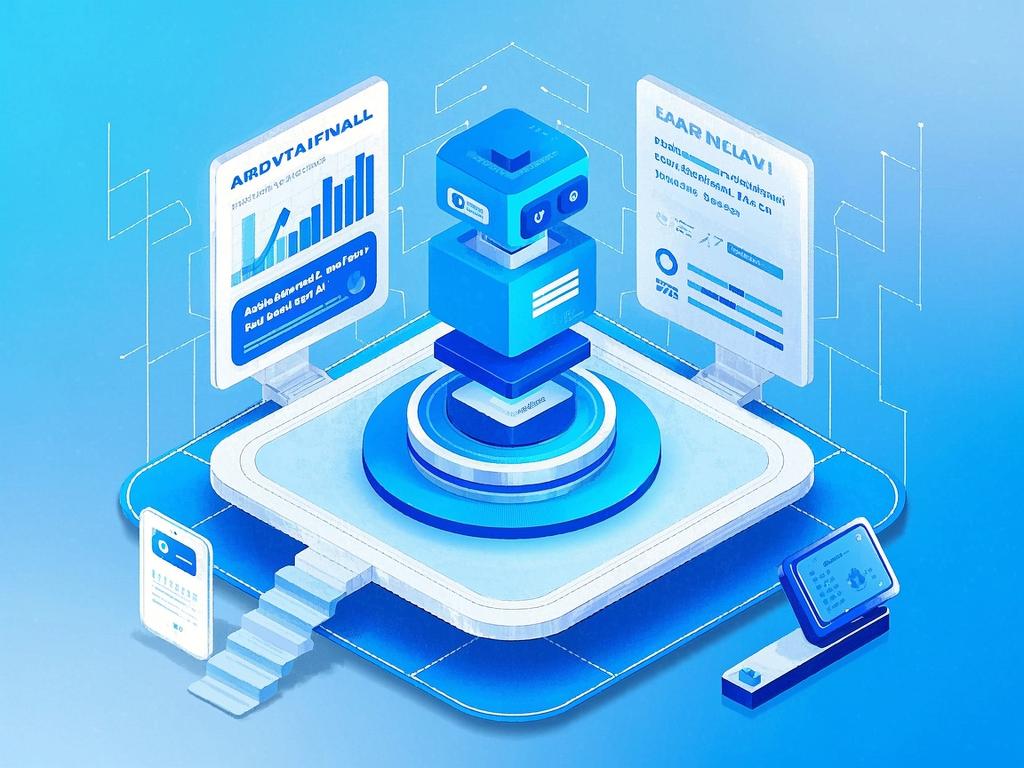
# The Role of International Financial Institutions in Artificial Intelligence Finance
In the ever-evolving landscape of finance, the emergence of artificial intelligence (AI) has been nothing short of revolutionary. It's like a turbocharger for the financial engine, reshaping everything from risk assessment to trading strategies. But amidst this AI frenzy, the role of international financial institutions (IFIs) is a topic that's both fascinating and crucial. So, let's dive in and explore how these behemoths of the financial world are navigating the brave new world of AI finance.
## AI: The New Kid on the Block in Finance
AI has brought with it a tsunami of data-driven insights. With machine learning algorithms, financial institutions can analyze mountains of historical data in a blink of an eye. For example, it can predict market trends with an accuracy that was previously unthinkable. According to a recent study, AI-powered trading systems have shown the potential to increase trading profits by up to 20% in certain market conditions. This is no small feat, considering the highly competitive nature of the financial markets.
It's not just about trading, though. AI is also transforming risk management. By sifting through vast amounts of data, it can identify potential risks much earlier than traditional methods. For instance, it can detect patterns in loan applications that might indicate a higher likelihood of default. This has the potential to save financial institutions billions of dollars in bad loans.
## The IFIs' Stake in the AI Revolution
International financial institutions, such as the International Monetary Fund (IMF) and the World Bank, are not sitting on the sidelines watching this AI revolution unfold. They recognize that AI has the power to reshape economies around the globe. The IMF, for example, has been actively researching how AI can be used to improve economic forecasting. By leveraging AI algorithms, they aim to provide more accurate and timely economic projections, which can help policymakers make better decisions.
The World Bank, on the other hand, is using AI to enhance its development projects. In areas like poverty alleviation, AI can analyze data on education, healthcare, and infrastructure to identify the most effective ways to allocate resources. This could potentially lift millions of people out of poverty faster than ever before.
## Challenges and Opportunities
However, the journey is not without its bumps. One of the biggest challenges for IFIs in the AI finance space is the issue of data privacy and security. As AI relies on massive amounts of data, protecting this data from breaches is of utmost importance. A single data leak could have catastrophic consequences for both the institution and the individuals whose data is compromised.
Another challenge is the potential for job displacement. As AI takes over tasks that were previously done by humans, there is a risk of widespread unemployment in the financial sector. IFIs need to find ways to ensure that the benefits of AI are shared equitably and that workers are retrained for new roles.
But amidst these challenges, there are also incredible opportunities. AI can help IFIs streamline their operations, reducing costs and increasing efficiency. It can also enable them to offer more personalized financial services to their clients, enhancing customer satisfaction and loyalty.
## The Future of AI Finance and IFIs
Looking ahead, the role of IFIs in AI finance is only going to become more significant. As the technology continues to evolve, they will need to stay at the forefront of innovation. They will need to collaborate with tech companies, academia, and other stakeholders to develop new AI applications that can address the complex challenges facing the global financial system.
For example, imagine a future where AI-powered blockchain technology is used to create a more transparent and secure international financial system. IFIs could play a crucial role in facilitating the adoption of such technologies, ensuring that they are implemented in a way that benefits all countries and economies.
In conclusion, the relationship between international financial institutions and artificial intelligence in finance is a dynamic and evolving one. While there are challenges to overcome, the opportunities are vast. As we ride the wave of this AI revolution, it will be fascinating to see how IFIs continue to shape the future of finance. So, dear readers, what do you think? How will AI finance and IFIs change the world in the coming years? Share your thoughts in the comments below!

